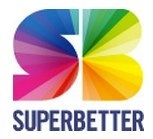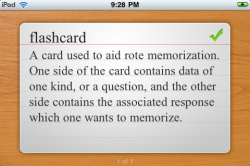It doesn't sound very sophisticated, and in a way, it's not, but it's tamed the Getting Started monster better than anything else I've ever encountered. Individuals with ADHD are notoriously bad a self-regulation. This means that we have trouble directing activity toward getting started. We have trouble staying on task, and we forget to take breaks in order to take care of basic needs like drinking water, resting our eyes, going to the bathroom, having a snack, and stretching our legs. We are also bad at estimating the amount of time tasks take. Specifically, we tend to UNDERestimate that time. Pomodoro teacher us about the REAL time tasks take.
Pick a task, start the timer, and THEN gather all the things you need to begin the task. You may learn that gathering materials actually takes most of the first Pomodoro. If you purchase an app like Focus Time, you can label what you do in each pomodoro time block, and over time, you can look at the history of your focused work.
If you are wondering which Pomodoro app is best, don't overthink things. All you really need is a timer. Anything that visually shows you the countdown is good. There are many free options in both the Apple and Android markets.












 RSS Feed
RSS Feed
